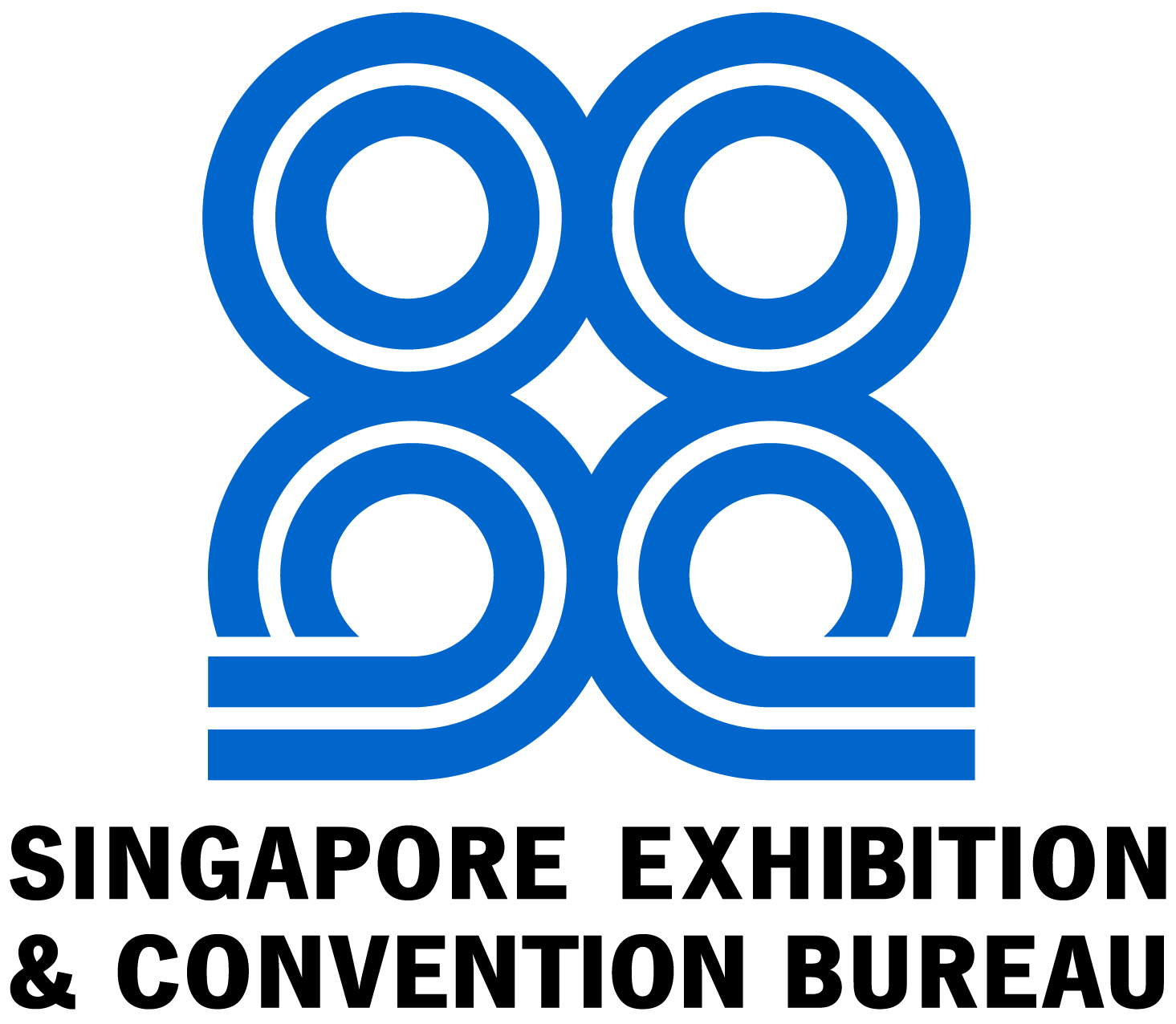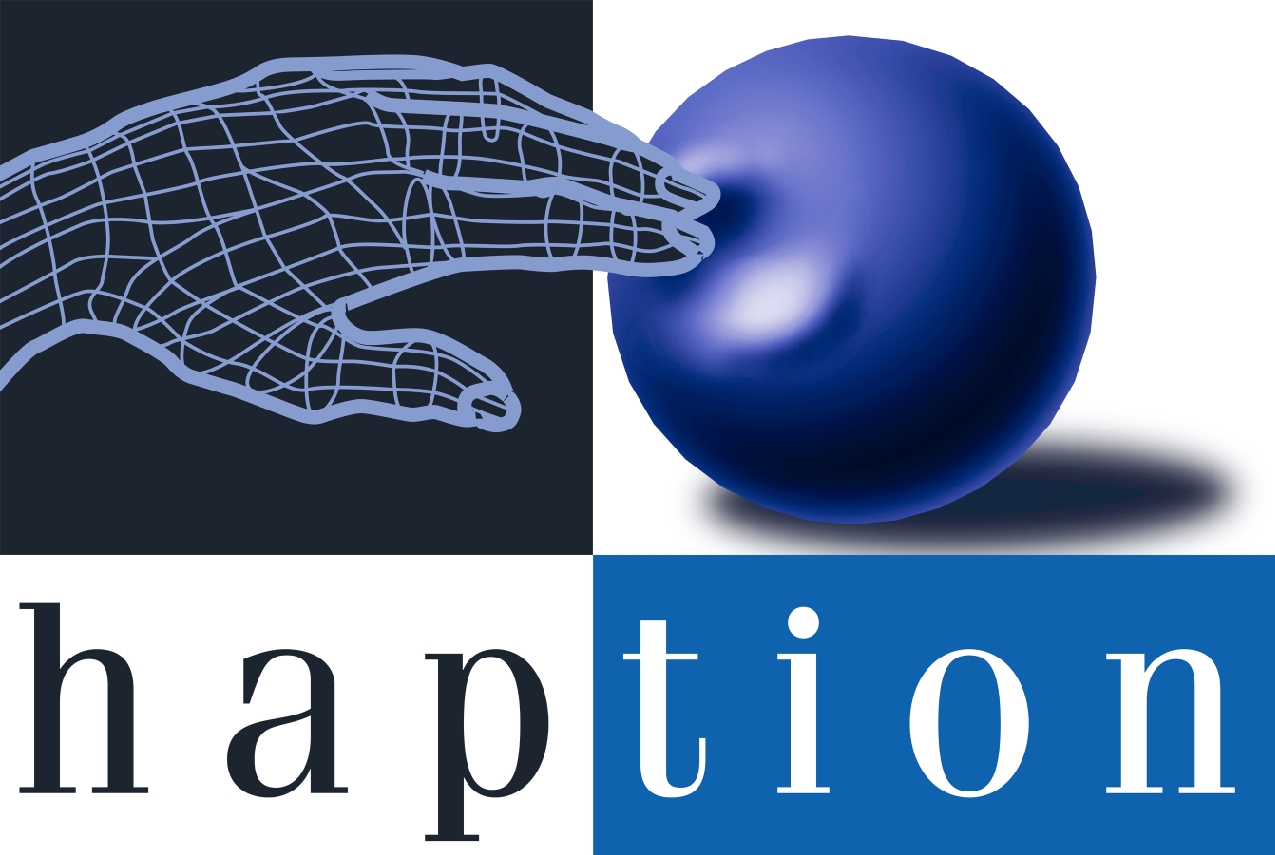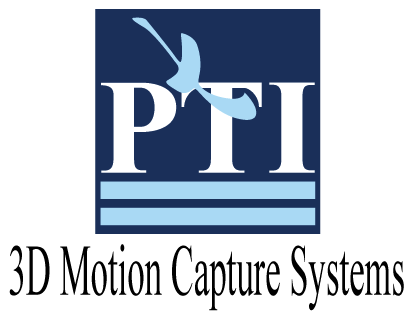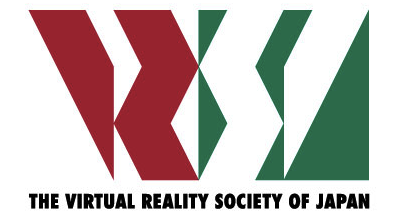





Panels Program
1. Avatars in Virtual Environments
-- March 21 Monday, 10:45 - 12:15
Organizers:
- Dr. Betty J. Mohler | Max Planck Institute for Biological Cybernetics
- Prof. Gregory F. Welch | The University of North Carolina at Chapel Hill
Additional Panelists:
- Prof. Daniel Thalmann | Nanyang Technological University
- Prof. Victoria Interrante | University of Minnesota
Technology in Virtual Environments (VEs) has hugely improved in recent years. Now the ability to create realistic avatars for inclusion in interactive virtual worlds is a possibility for many research groups. Panelists will specifically speak about mixed-media avatars, first person avatars, animation techniques for realistic avatars and the potential usage of such avatars in VE applications. This panel will discuss the current and possible scientific directions which can now be explored with realistic avatars, specifically:
- Can we realize computer-controlled humans that embody much of the versatility and richness of humans?
- When is a rendered self-avatar considered part of the self image?
- How will real humans perceive and interact with virtual humans, and how can we investigate and quantify that interaction?
- Do virtual humans promise or provide significant societal benefit in at least one area?
Bio:
Betty Mohler is a project leader at the MPI for Biological Cybernetics in Tübingen, Germany. She leads the group "Perception and Action in Virtual Environments (PAVE)”. PAVE uses VR as a tool for investigating human perception and action in ways which would otherwise be difficult or impossible to conduct in the real world.
Greg Welch is a Research Professor of Computer Science at the University of North Carolina at Chapel Hill. His current research interests include virtual and augmented reality, human tracking systems, 3D telepresence, computer vision, and stochastic estimation. He has co-authored over 50 publications in these areas, and is a co-inventor on multiple patents.
Daniel Thalmann is with the Institute for Media Innovation at the Nanyang Technological University in Singapore. He is a pioneer in research on Virtual Humans. His current research interests include Real-time Virtual Humans in Virtual Reality, crowd simulation, and 3D Interaction. Daniel Thalmann has been the Founder of The Virtual Reality Lab (VRlab) at EPFL. He is coeditor-in-chief of the Journal of Computer Animation and Virtual Worlds, and member of the editorial board of 6 other journals.
Victoria Interrante is an Associate Professor in the Department of Computer Science and Engineering at the University of Minnesota and a faculty member in the University's Center for Cognitive Sciences. Her research in VEs focuses on efforts to facilitate the effective use of VR for applications in architectural design. Her recent efforts have concentrated on enabling the accurate perception of 3D space in immersive VEs.
2. Building a Career in Virtual Reality
-- March 22 Tuesday, 10:45 - 12:15
Organizer:
- Prof. Mark Billinghurst | HIT Lab NZ, University of Canterbury
Additional Panelists:
- Dr. Sabine Coquillart | INRIA
- Dr. Henry Duh | IDMI, National University of Singapore
- Prof. Susumu Tachi | Keio University
- Assoc. Prof. Woontack Woo | Culture Technology Institute, GIST
As Virtual Reality technology has become widespread there is more opportunity than ever before to get an interesting job in VR. This panel will present some important lessons from leaders in the field on how to build a satisfying career. Panelists have extensive experience in industry and academia and will discuss issues such as:
- How do I gain the first position after completing graduate studies?
- What are the pros and cons of working in academia versus industry?
- What are typical career paths in academia and industry?
- How can I build my own research team and lead a research effort?
Bio:
The panel is aimed at students and early career researchers, but others will also benefit from the reflections of the panelists and the audience participation.
Mark Billinghurst is a Professor at the University of Canterbury and Director of the HIT Lab NZ in New Zealand, and has extensive publications in Augmented Reality, Virtual Reality, wearable computing, teleconferencing and other emerging technology areas. He has a career which includes visiting positions at MIT, ATR, British Telecom, NAIST and Nokia, and academic positions at the University of Washington, Helsinki University of Technology and University of Canterbury.
Sabine Coquillart is Research Director at INRIA and LIG (Laboratory of Informatics of Grenoble) where she is conducted researches in Virtual Reality and 3D User Interfaces. Before joining INRIA, she was a researcher at l'Ecole des Mines de Saint-Etienne and worked at the University of Utah, Thomson, and VMSD group of GMD (now Fraunhofer). She has research interest and publications in the areas of rendering, 3D modeling, animation, 3D user interfaces and virtual reality.
Henry Duh is the deputy director (research) of NUS-KEIO CUTE Center and faculty in the Department of Electrical and Computer Engineering and Interactive and Digital Media Institute at National University of Singapore. He conducts research in virtual interface design, interface usability testing and information navigation behavior and mobile gaming. He has had previous appointments at the University of Washington, NASA and Nanyang Technological University.
Susumu Tachi is a Professor at the Graduate School of Media Design in Keio University and Professor Emeritus at the University of Tokyo, Japan. In 1980 Professor Tachi developed the concept of telexistence and since that time has lead a very successful research group that has completed a wide range of projects in robotics, augmented reality, virtual reality and haptics. One of the most influential researchers in VR, Professor Tachi has received many awards including the IEEE VR Career Award in 2007.
Woontack Woo is an Associate Professor in the Dept. of Information and Communications and Director of the Culture Technology Institute at the Gwangju Institute of Science and Technology in Gwangju, Korea. Professor Woo conducts research in both ubiquitous computing and virtual reality and extends the resulting new concept, ubiquitous virtual reality, to Context-aware Mixed and Augmented Reality (CAMAR), Human Computer Interaction (HCI) and Culture Technology (CT). He has had previous positions at Samsung Electronics, and ATR.
3. New Directions in Redirection
-- March 23 Wednesday, 10:45 - 12:15
Organizers:
- Evan A. Suma | USC Institute for Creative Technologies
- Mary Whitton (Moderator) | University of North Carolina at Chapel Hill
Panelists:
- Betty Mohler |Max Planck Institute for Biological Cybernetics
- Tabitha C. Peck | University of Barcelona
- Frank Steinicke | University of Münster
- Evan A. Suma | USC Institute for Creative Technologies
Real walking is the most natural method of locomotion in virtual environments. However, walking remains a practical challenge for environments that use head-mounted displays, since any finite physical workspace will restrict the size of the virtual environment that can be explored using natural body motions. Redirection is a promising solution that manipulates the route in the virtual environment, causing it to deviate from the real world path, for example, by imperceptibly rotating the virtual world about the user. In the past few years, this approach has spawned a number of novel enhancements, such as the use of visual distracters, avatars, or dynamic adjustment, as well as entirely new redirection metaphors, such as portals or change blindness illusions.
The focus of this panel will be to discuss the recent, cutting-edge work in redirection and future directions, challenges, and limitations for leveraging perceptual illusions to enhance locomotion in virtual environments.
Bio:
Evan A. Suma is a postdoctoral researcher in the Mixed Reality Lab at the University of Southern California Institute for Creative Technologies. His research interests broadly include cognition, interaction, and perception in virtual environments and 3D user interfaces, with a particular focus on natural locomotion and full-body interaction techniques.
Mary Whitton is a Research Associate Professor of computer science at the University of North Carolina at Chapel Hill, where she co-leads the Effective Virtual Environments (EVE) research group. One of EVE’s areas of research is developing and evaluating virtual locomotion interfaces, including early and continuing work on interfaces that use redirection.
Betty Mohler is a project leader at the Max Planck Institute for Biological Cybernetics in Tübingen Germany. She currently leads the group, "Perception and Action in Virtual Environments (PAVE),” which uses Virtual Reality as a tool for investigating human behavior and perception for research projects that would otherwise be difficult or impossible to conduct in the real world. Her main research focus has been on locomotion, space perception, and virtual avatars.
Tabitha C. Peck is a postdoctoral researcher at the University of Barcelona with Mel Slater in the EVENT-LAB. Her research interests include virtual reality, locomotion interfaces, navigation, human-computer interaction, perception in virtual environments, user studies, and avatar embodiment.
Frank Steinicke is a senior researcher at the Department of Computer Science at the University of Münster, and holds a lecturer position at Private Fern-Fachhochschule Darmstadt. His research interests include human-computer interaction with special consideration on VR, perception and cognition in computer generated environments and visualizations. His research efforts aim on the challenge to provide natural and effective user interfaces for VR-based environments.
--------------------
For more information, please contact the Tutorials Chairs:
- Christoph Anthes, Johannes Kepler University, Austlia
- Victoria Interrante, University of Minnesota, USA
- Woontack Woo, GIST, Korea
vr-tutorialschairs [at] ieee.org

 Program
Program Past Conferences
Past Conferences





















